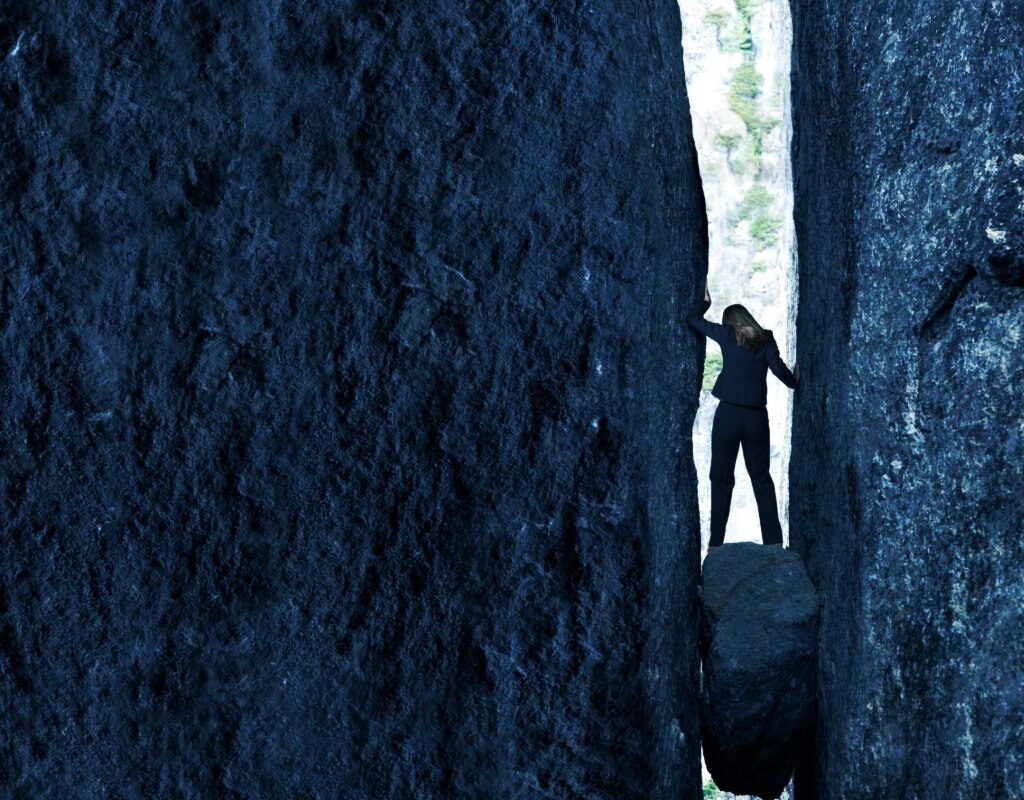Kabbalah presents itself not only as a mystical tradition but also as a profound source of wisdom. Those who delve into its teachings encounter essential questions: Who is wise? Who is intelligent? Who is ignorant? Who knows? The answers to these questions reveal how Kabbalah functions in practice, inviting personal transformation through understanding.
The Role of Evil in Spiritual Development According to Kabbalah
Jewish mystics define the wise as those who learn from everyone and everything. This capacity for continual learning implies inherent humility, as a true sage recognizes how much they still have to learn. Arrogance is foreign to the wise, for they understand the limits of their knowledge and never boast about their insights. Instead, they dedicate each moment to absorbing more from their surroundings, aware of the brevity of biological life.
Every second is an opportunity to learn something new. This perspective is vital for the wise, who see each day as a rebirth and each experience as a first-time event. This approach perpetuates a state of constant discovery and questioning, crucial for personal growth.
Evil as God’s Instrument for Deep Understanding
In Kabbalah, evil is not merely a negative aspect of life, but it plays a crucial role, designated by God, in our spiritual and personal development. This view encourages us to look beyond the surface of suffering and pain, seeking their deeper purpose and meaning.
When we face adverse or bad situations, we are given the opportunity to learn valuable lessons that might otherwise remain hidden. These challenges act as catalysts, prompting us to question our perceptions and explore new possibilities for growth. Instead of being mere obstacles, these experiences can transform into powerful tools to strengthen our character and deepen our understanding of the world.
Understanding Evil as a Teacher: Lessons for Spiritual Evolution in Kabbalah
Kabbalists teach that by analyzing and understanding the role of evil in our lives, we can see how it contributes to our spiritual evolution. This approach does not trivialize pain; it also helps us find a sense of purpose in the trials we face. For instance, pain and suffering often teach us empathy and resilience, essential qualities for the true sage.
Moreover, this interpretation of evil challenges us to adopt a more contemplative and less reactive stance toward problems. By doing so, we not only transform our experience of evil but also open pathways to deeper and more authentic wisdom. In this sense, evil becomes a rigorous teacher, whose lessons are harsh but immensely valuable.
Therefore, from a Kabbalistic perspective, accepting and understanding evil as an instrument of God allows us to come closer to the ultimate truth and the essence of our existence. By embracing this view, we better equip ourselves to navigate life not only with greater understanding but with a deeper appreciation of how each aspect of our experience contributes to our spiritual and personal growth.
The question as the Foundation of Wisdom in Kabbalah
At the heart of Kabbalah, true wisdom is not found in the answers, but in the ability to formulate the right question.
The Hebrew word for wisdom, Chokhmah, breaks down into Koach Ma, which means “the power of the question”. This idea highlights that asking questions is more than just a simple desire to gain information; it is a powerful tool to keep the desire for knowledge alive.
Asking effectively drives continuous search and opens the doors to the deepest mysteries of the universe. Thus, every well-posed question leads us to explore new dimensions of understanding and experience.
The Path of the Wise and Continuous Questions
A true sage in Kabbalah never considers themselves as such; they always see themselves as a learner on a perpetual journey towards the Ein Sof (infinity).
This humility is crucial because it shifts focus from the pursuit of recognition and power towards discovering the simplicity and essence of life. By prioritizing questions over answers, the sage remains in a constant state of growth and discovery.
This not only reinforces their humility but also deepens their understanding and appreciation of the mysteries of existence, gradually revealing the interconnected threads of all that exist.
The Importance of Questions in Spiritual Search
The importance of asking questions in Kabbalah extends beyond mere accumulation of knowledge; it is a spiritual exercise that refines the soul and sharpens the perception of reality.
By fostering an interrogative approach, Kabbalah teaches its followers not to settle for the surfaces of reality, but to deeply seek the underlying truths. Questions are, therefore, an invitation not to accept the world as it appears to be, but to understand it as it could be.
This leads to personal transformation that aligns the individual with the deepest and most meaningful forces of life, allowing a more intimate and revealing relationship with the divine and with the very fabric of the cosmos.
Learning from Everything and Everyone
This holistic view of learning is fundamental in Kabbalah. Every wise person knows that wisdom begins in simple things and from there rises to higher levels of understanding. Every person and every situation teaches something valuable, turning evil and adversity into essential tools for growth.
In summary, Kabbalah teaches us that wisdom is not only in accumulating knowledge or experiences but in how these are integrated into our daily lives and our continuous spiritual and personal development. Let’s strive every day to reach that wisdom, learning from everything and everyone, facing evil as a divine lesson and formulating questions that guide us on our eternal path of learning and discovery.
Furthermore, it’s crucial to remember that wisdom lies in the question, not the answer. This principle encourages us to keep questioning and exploring, not only to answer our doubts but to understand more deeply the nature of our own existence.
With information from Kabbalah professor Mario Sabán
A researcher and teacher in Kabbalah, specializing in its application to psychology and personal and spiritual development. He explains how Kabbalah, through the method of the Tree of Life, can enrich our life, increasing happiness and self-knowledge for a more conscious and full existence.




